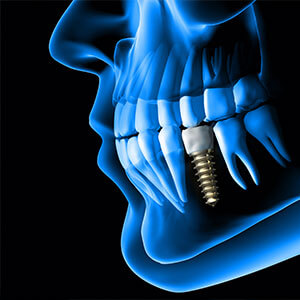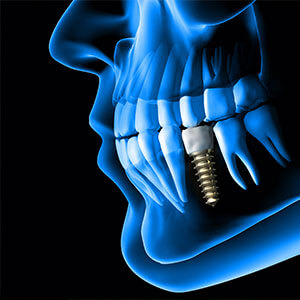As a leading provider of dental implants, we pride ourselves on offering exceptional treatment options and personalized care to our patients. With a team of experienced and skilled dental professionals, state-of-the-art facilities, and a commitment to patient satisfaction, the Badge Clinic is your top choice for dental implants in Turkey.
We’ll get back to you within one business day (via e-mail & WhatsApp)
At the Badge Clinic, we go beyond expectations to deliver exceptional dental implant services in Turkey. Our dedicated team of highly qualified dentists and specialists bring a wealth of expertise and experience to ensure superior outcomes for our patients. With a commitment to staying at the forefront of Turkey dental implant technology and techniques, our professionals continuously update their skills through extensive training. We also offer gum reduction surgery, which may benefit you if you are having issues with your gums and teeth.
We understand that every patient has unique dental needs, and we believe in providing comprehensive treatment options tailored to your specific requirements. Whether you require a single tooth replacement or a full arch restoration, our team will meticulously create a personalized treatment plan to restore your smile and enhance your overall oral health.




When it comes to dental implants, choosing Turkey as your treatment destination brings a host of advantages. The Badge Clinic is here to offer you a remarkable experience that combines cost-effectiveness, high-quality materials, and convenient travel arrangements.
We follow a comprehensive and patient-centric approach to Turkey dental implant treatment. The process typically involves the following steps:
With our expertise, comprehensive treatment options, and commitment to patient satisfaction, the Badge Clinic is your trusted partner for dental implants in Turkey. We offer a range of cosmetic services, including Turkey rhinoplasty procedures and our popular smile makeover!
Restore your smile and regain your confidence with our exceptional Turkey dental implant services. Contact us today to schedule your consultation and begin your journey to a healthier, more beautiful smile.
Turkey dental implants provide a superior alternative to dentures. Unlike ill-fitting dentures that can cause discomfort and difficulty in speaking and eating, dental implants offer stability and functionality similar to natural teeth. With dental implants, you can enjoy a wider range of foods and maintain a normal nutritional intake, promoting better overall health and emotional well-being. Additionally, dental implants from Turkey stimulate the jawbone, preventing bone loss and maintaining its strength. Some of our patients have come to us for veneers in Turkey and have left our clinic happily.
Dental implant surgery is performed under local anaesthesia, ensuring your comfort throughout the procedure. We also offer additional sedation options if desired. After the surgery, you may receive analgesics and medications to manage any discomfort during the healing phase.
Once a dental implant has successfully fused to the bone and is functional, it can last for many years with proper care. In fact, there are cases where dental implants have been in place for over 40 years, demonstrating their long-term durability.
Caring for your Turkey dental implants is similar to caring for natural teeth. While they are not prone to dental cavities, proper maintenance is crucial to prevent gum inflammation, infection, and bone loss. It’s important to brush and floss around your dental implants diligently. Regular visits to your dentist are also necessary to monitor the health of the surrounding gums and bone.